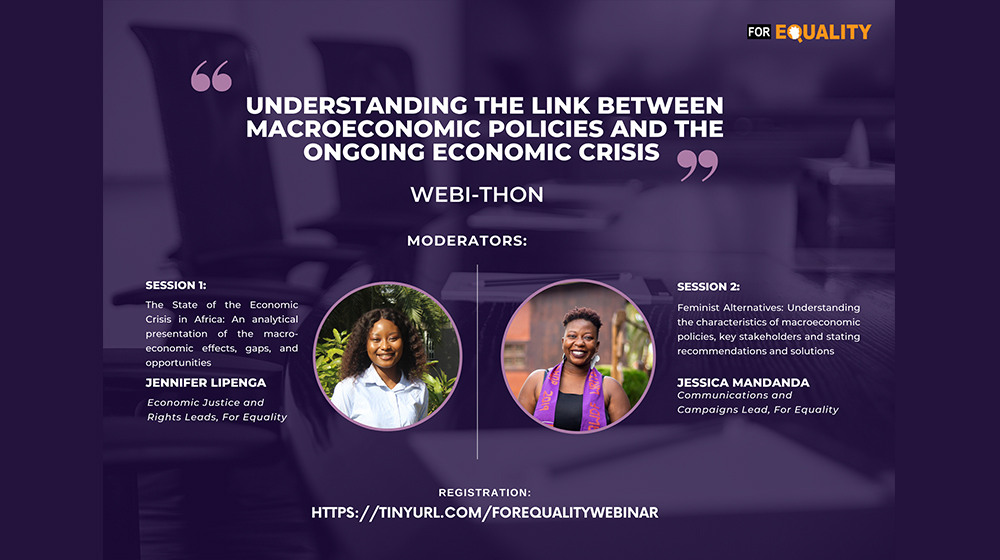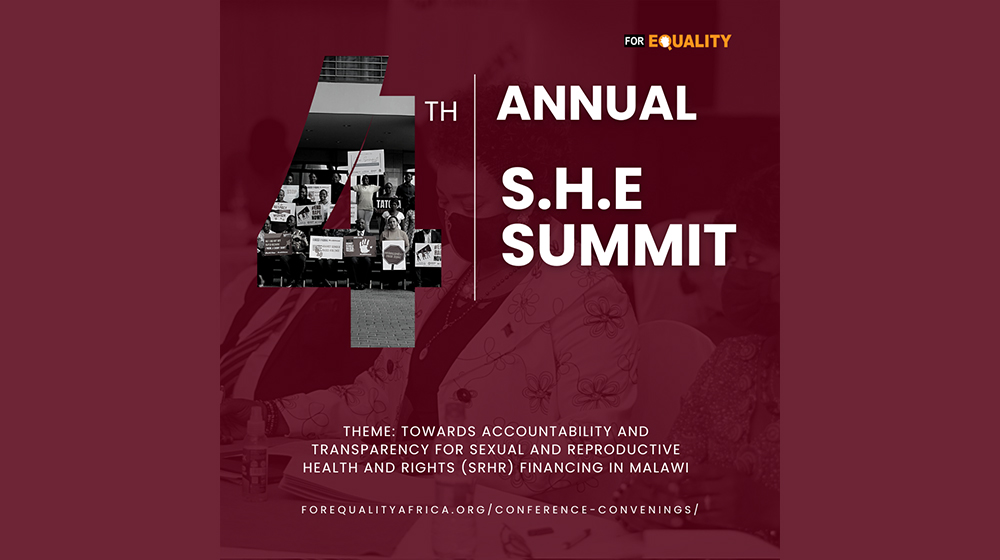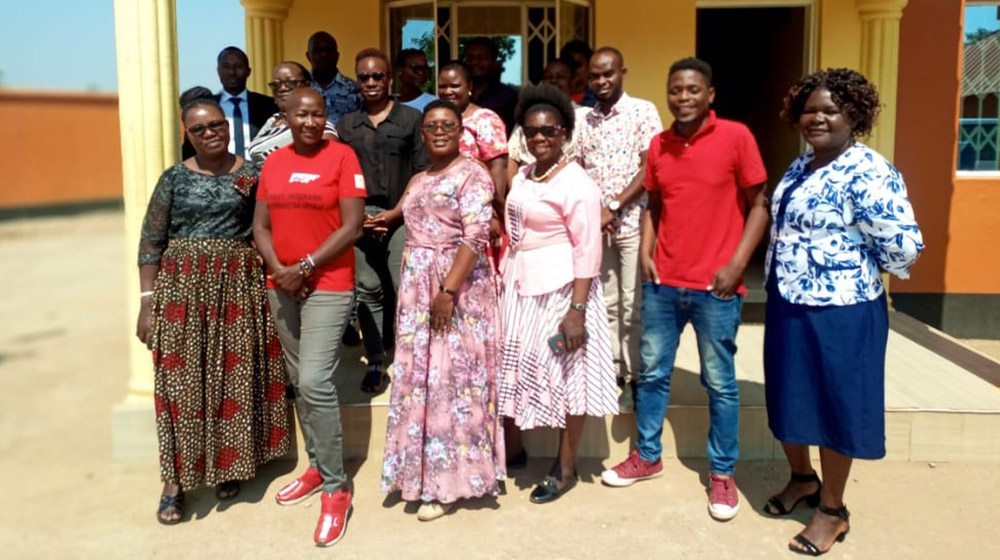-Ulala Kondowe
As one walks towards a camp, the first thing that catches the eye is the stench of despair and hopelessness on the adults’ faces as the children play away in oblivion. “There’s no harvest this year to feed my family”, “How am I to raise a child in this environment?”, “How will I make ends meet having lost my business?”, “Where do I start from in rebuilding my house?”. These and many more should be the thoughts flooding these people’s minds, unfortunately with no response in sight. As days turn into weeks and weeks months, the camps shift from being temporary shelters to becoming home to many.
On 13th March, a state of disaster was declared in 14 districts in Malawi that were severely affected by cyclone Freddy which resulted in over 500 deaths and about 40,000 households displaced. Infrastructure such as schools, health facilities and roads have been damaged as well due to heavy rains, rendering cyclone Freddy one of the longest lived and deadliest cyclones. Apart from damaging infrastructure and property, the floods have also disrupted people’s livelihoods as businesses have been shut down due to damage to the structures and property lost and most crops have been washed away leaving nothing in the fields for harvest. No income to most basically means a longer journey to recovery hence the camps being home for a longer period of time than intended.
Natural disasters are gender neutral but their effects are not. According to the Gender Glossary, gender blindness is the failure to recognize that gender is an essential determinant of social outcomes impacting on projects and policies. The impact of a disaster is bound to affect women and girls disproportionately to men and boys due to the pre-existing structural gender inequalities in societies regardless of them being in the same household or community. Gender inequalities in society have led to disparities in access to information, mobility and decision making between men and women hence resulting in different behavioral patterns, strengths and abilities in preparing, responding and recovering from disasters. This therefore equally calls for a gender inclusive preparedness and response approach to ensure the effects of the disaster aren’t exacerbated by gender-blind responses and interventions. Policies and response interventions should be tailor-made to accommodate women and girls’ unique needs to end the vicious cycle of vulnerability which is enhanced during disasters.
There are so many effects of gender-blind preparedness and response to disasters, the most common one being women and girls being left prone to violence and sexual abuse as is the case within the temporary camps that have been set up. As much as women and men are put in separate rooms, several cases of rape and sexual abuse have already been reported putting women and girls at risk of contracting HIV/Aids, ending up with unwanted pregnancies and all the trauma that follows with any form of abuse which will be left unattended due to lack of awareness on psychosocial support available. Women and girls in the camps have been encouraged by authorities to report any cases of gender based violence and sexual assault but unfortunately this is after the fact, instead of putting structures in place that may actually prevent the occurrence of such in the first place.
The other issue is on compromised service delivery in the health sector which was already overwhelmed with controlling the outbreak of cholera leading to an already failing system being stretched thin. This affects both men and women in the camps but however has staggering effects towards women as compromised maternal and child health care may lead to pre-term labor or worse still, death of the mother and child. With so many basic needs such as food, shelter and clothing persisting in existence, it becomes easy to overlook other basic needs especially those pertaining to women and girls only such as specific health care needs as in the case of pregnant women as well as the need for items such as dignity kits for women and girls.
Furthermore, differentiated social roles and responsibilities as well as long-standing traditions and attitudes have led to society dumping the burden of care on women. Society has groomed women and girls to automatically take up reproductive work which mainly includes care giving and domestic household chores such as cooking and cleaning as is the case in the camps hence leaving women and girls with no time to work towards personal recovery and rebuilding efforts.
It is therefore crucial that as government is currently working towards strengthening the nations preparedness capacity towards disasters, it explicitly incorporates considerations of gender to ensure women and girls don’t get to experience exacerbated effects of disasters due to gender- blind preparedness, response and recovery strategies. Not only should government plan for this but also allocate resources to address the unique and specific needs of women and girls during disasters so that as a nation, we are proactive and not reactive during these situations. Effective disaster preparedness and response will also save the government money which can then be channeled to social and developmental activities. The countries ability to effectively prepare for, respond to, and recover from disasters will also enhance the nations efforts towards achieving a gender just Africa.





0 Comments